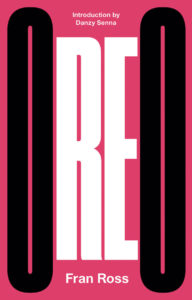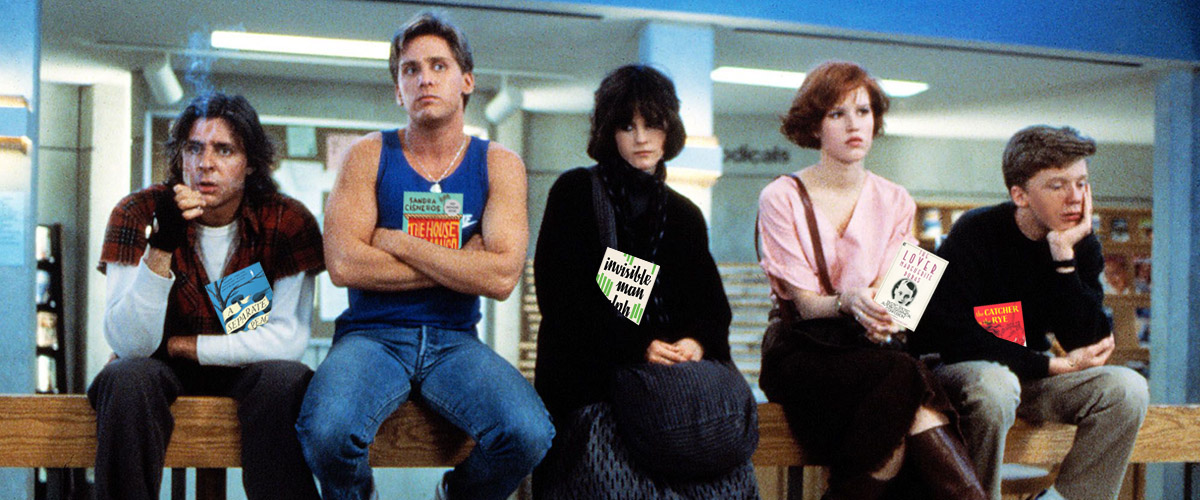
The 50 Greatest Coming-of-Age Novels
Summer's Almost Over . . . Just Like Your Childhood (Sorry)
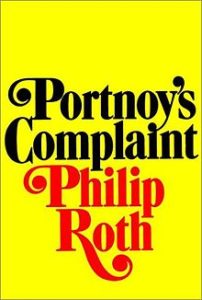 Philip Roth, Portnoy’s Complaint
Philip Roth, Portnoy’s Complaint
Well, there’s a first time for everything.
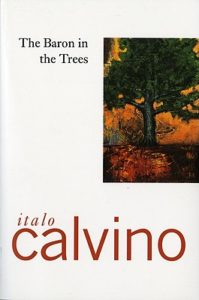 Italo Calvino, tr. Archibald Colquhoun, The Baron in the Trees
Italo Calvino, tr. Archibald Colquhoun, The Baron in the Trees
One of my own personal favorites: a delightful, fabulist coming of age novel in which a twelve-year-old noble climbs into a tree and declares that he will never come down—though the introduction of one Viola threatens to confuse his plans. But though Cosimo becomes a man up there among the leaves (in more ways than one, I suppose), he sticks to his promise, in the end going up rather than down.
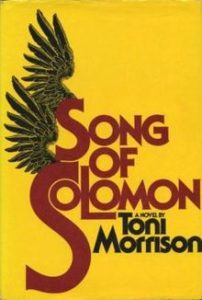 Toni Morrison, Song of Solomon
Toni Morrison, Song of Solomon
Several of Morrison’s novels could be classified as “coming of age”—I think Song of Solomon, her third, wears the title best, covering as it does the full trajectory of Macon Dead III (better known as “Milkman” for the length of time he spent breastfeeding) from his birth until the death of his father—one of those emblematic markers of true adulthood.
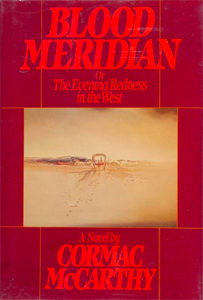 Cormac McCarthy, Blood Meridian
Cormac McCarthy, Blood Meridian
Here’s another entry not typically put into this category—but after all, this is a book in which a young runaway (here known only as “the kid,” of course) goes on a long journey, gets himself into the deepest and darkest of trouble, joins a pack of bad men following a dangerous god, begins to question their philosophy in favor of his own, and watches almost all of them lose their lives before he fully takes his leave of them (and is finally known to us readers as “the man”).
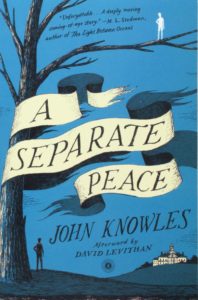 John Knowles, A Separate Peace
John Knowles, A Separate Peace
The ur-boarding school novel.
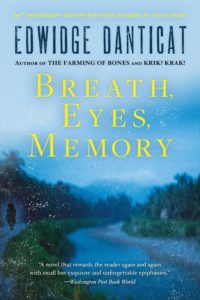 Edwidge Danticat, Breath, Eyes, Memory
Edwidge Danticat, Breath, Eyes, Memory
“I come from a place where breath, eyes and memory are one, a place where you carry your past like the hair on your head,” Sophie Caco, the narrator of Danticat’s incredible debut, tell us. That place is the village of Croix-des-Rosets, in Haiti; she leaves at the age of twelve to live with her mother in New York, though as far as her other is concerned, the child only stirs up bad memories and creates problems. But it is there Sophie will come into herself, rebelling against everything in sight until she finally realizes her own true desires.
In this cult, postmodern picaresque, Oreo is born to a Jewish father and a black mother (a union which horrifies both sides—it’s the 70s). Her parents separate, and she grows up with her grandparents, until she eventually blows their small popsicle town for the big city, where she’s sure he’ll find her father—”I’m going to find that fucker,” she says—but turns out it’s harder than you’d think to find a Sam Schwartz in New York City. To be fair, this is more satire than emotionally-realized bildungsroman—but Oreo does grow up in the process, whether she likes it or not.
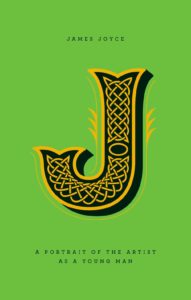 James Joyce, A Portrait of the Artist as a Young Man
James Joyce, A Portrait of the Artist as a Young Man
The classic künstlerroman that serves as a gateway drug into Ulysses.
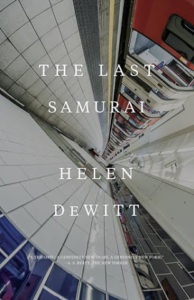 Helen DeWitt, The Last Samurai
Helen DeWitt, The Last Samurai
One of the best novels in recent memory in any category, and certainly in this one, concerning as it does one of the most delightful and precocious children ever committed to literature, and his epic search for his true father—not to mention his ultimate decision that he doesn’t need any father at all. Of course, this is all overshadowed by the language of the book, its remarkable, flexible form, its intense brilliance—but that’s a discussion for another time.
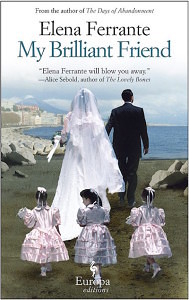 Elena Ferrante, My Brilliant Friend
Elena Ferrante, My Brilliant Friend
You could, I suppose, put the entire Neapolitan series on this list—after all, taken together, it’s an epic history of the lives of two women. But let’s start here, with the first novel, and its neat trajectory from childhood brilliance to adolescent awakening to marriage (the traditional end to childhood, even if it comes at sixteen).
Emily Temple
Emily Temple is the managing editor at Lit Hub. Her first novel, The Lightness, was published by William Morrow/HarperCollins in June 2020. You can buy it here.









